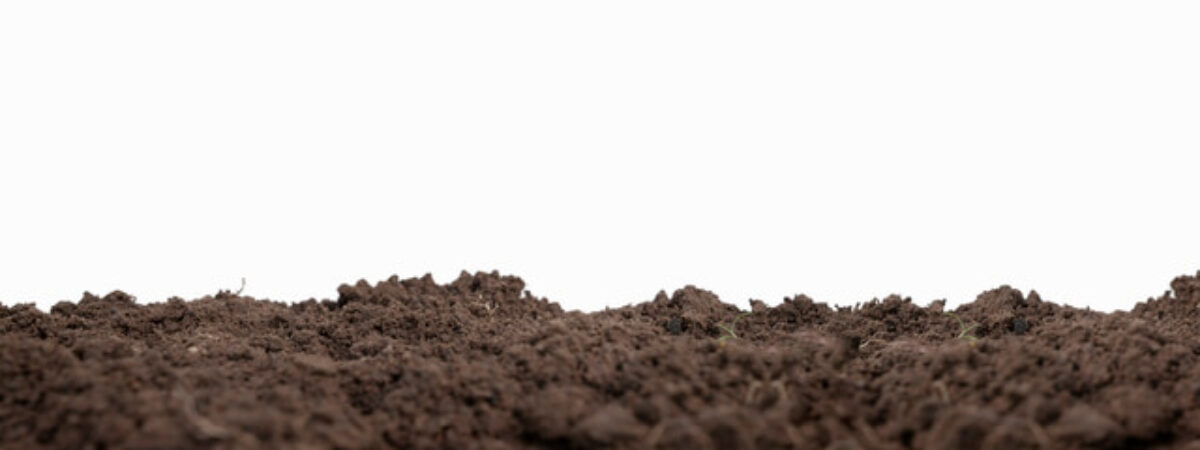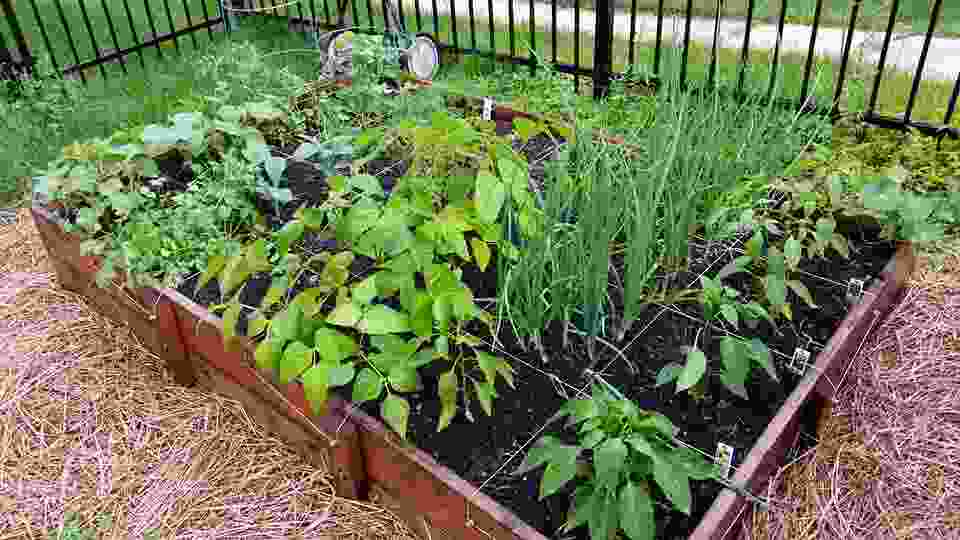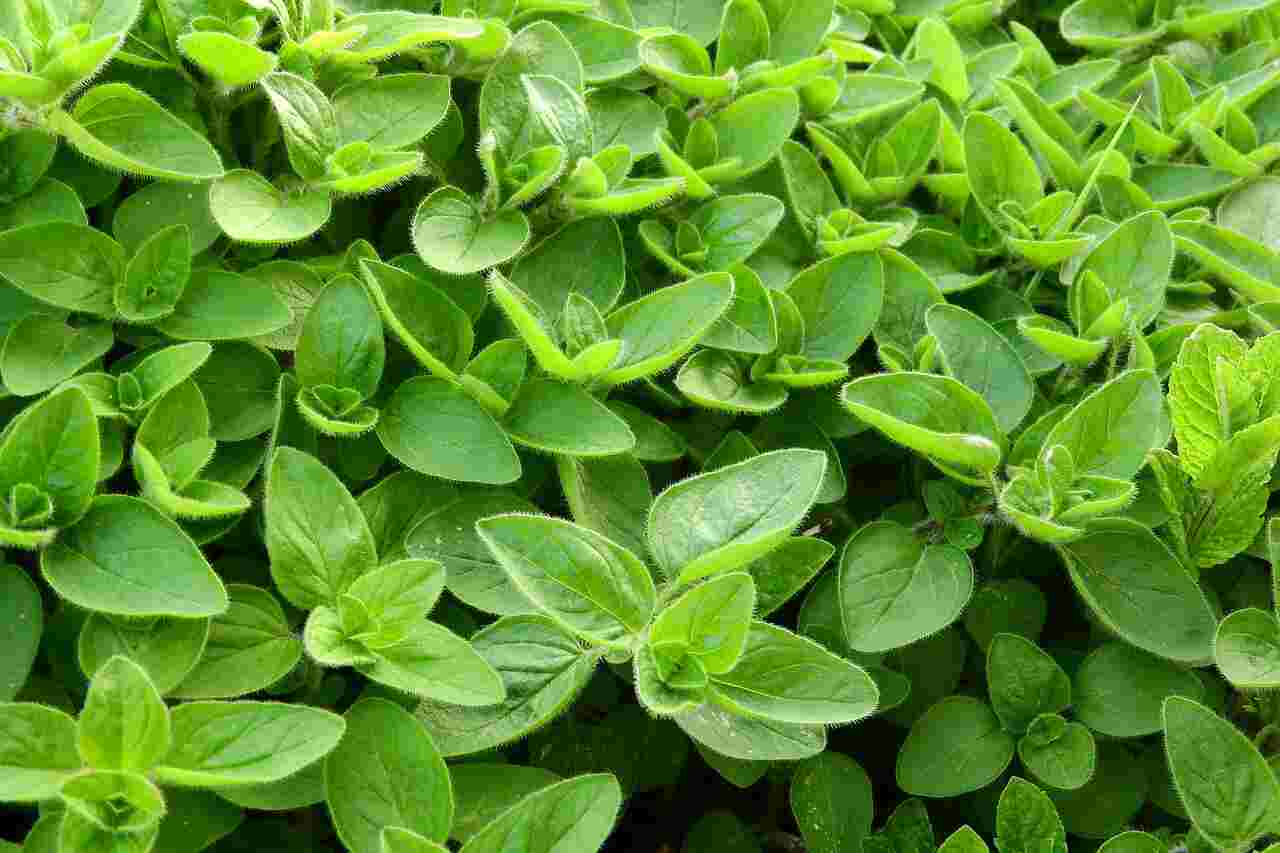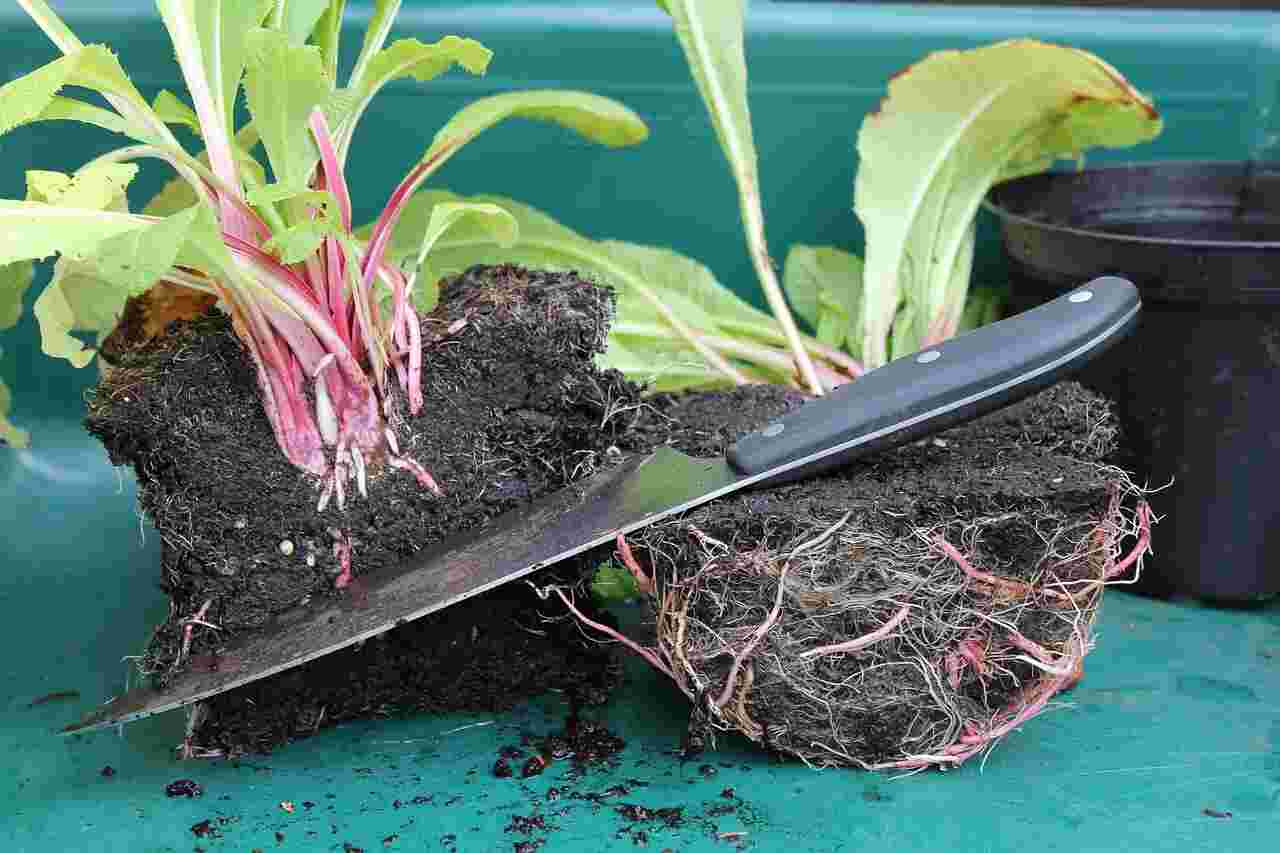What is cow manure?
Cow manure also known as the cow dung, cow pat, and cow pies, is the waste product or feces collected from the bovine animal species that include cow, buffalo, yak, and water buffalo. Cow dung is basically an undigested residue of plant matter that passes through the animal gut and is highly rich in minerals.
Dairy cows and other bovine animals produce a large amount of dung or manure which is unwanted in animal facilities for hygienic reasons. But it is heavily used in agricultural sectors, as it contains essential elements and vital nutrients for the growth of a plant.
Thus, it is collected, stored, and used as fertilizer later by several agricultural industries. Using cow manure from livestock or cows is a precise and effective way to reduce the use of fertilizer that can harm the soil.
With the mixture of feces and urine in the ratio of 3:1, the cow dung mainly contains lignin, cellulose, and hemicelluloses. Besides these elements. It also contains 24 different minerals that include nitrogen, and potassium, along with a trace amount of sulphur, iron, magnesium, copper, cobalt, and manganese.
As we discussed earlier, cow dung has a great number of nutrient substances as well as various minerals along with the faces of other poultry and livestock. Click To TweetHow to compost cow dung manure?
Contents of cow dung
As we discussed earlier, cow dung has a great number of nutrient substances as well as various minerals along with the faces of other poultry and livestock.
From the nutrient content perspective, the nutrient content and mineral elements in cow manure are eventually lower than the other livestock manure. However, its organic content may resemble the organic content of fowl that is greater in number. It also contains a higher amount of crude fiber, crude ash, and nitrogen-free extracts, and total mineral and nutrient content are relatively higher in virtue of total output, and higher yields.
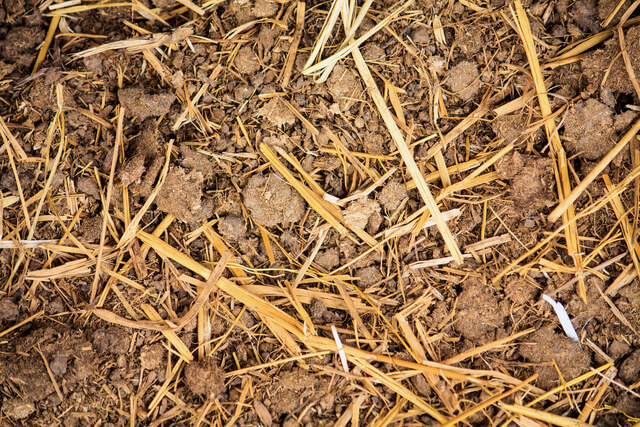
The cow dung is fine textured and contains water in a great amount with low-calorie value and slow decomposition.
Cow manure also can be made into a variety of value-added products with high efficiency, resource, and harmlessness, which brings higher social and economical benefits and controls the environmental pollution through different compost-making technologies and machines.
Machine and cow dung manure making techniques
After going through various phases and processing of fermentation, deodorization, and sterilization, the cow dung manure is processed into high quality, efficient compost organic manure with various plant nutritional ingredients like nitrogen, hummus, phosphorous, etc.
Although cow dung has a close texture along with higher water content among all the livestock droppings it has a slow composting and bad vent ability, which requires control strictly at each step of composting.
So there is generally three major compost-making technology for the faces of cows that includes windows composting, slot type composting, and cabin composting.
But it is required to consider the investment cost, composting environment, composting efficiency, composting scale, occupying an area, easy maintenance, easy operations, compost product quality, and operational expenses before choosing the methods of composting to adopt the most suitable composting technology for cow manure.
The condition required for composting fermentation
Before the cow dung manure fermentation process, it is required to adjust and control the fermentation process that includes.
Moisture control
The efficiency and quality of the compost are often affected by the composting temperature and the water content of the material that can directly dissolve the organic matter and metabolite the microorganism.
So in order for the composting to go into a swing, it is required to control the beginning water content at 50% to 60%.
If the moisture content is lower, the metabolism of bacteria will stop eventually, whereas if the moisture content is too high, the materials will have a void ratio and lack of air that is adverse to the anaerobic micro organism growth and will produce fowl gas.
So if the moisture content is too high, it is required to add addictives with strong hygroscopicity to the cow manure in order to lower its moisture content.
Temperature
In the process of compost formation and composting, temperature plays an important role which needs to be maintained and controlled properly. As different microorganism grows at different temperature level, you should take the utmost care before fermentation and making compost.
Composting is an exothermic process that produces heat, if it is not controlled in time, it can reduce the organic matter ultimately lowering the quality of the compost.
So the required composting temperature is around 55 degrees celsius which lasts for 5 days and kills all the pathogenic bacteria. In order to decrease the temperature, you can use pile turings and forced ventilation in the practice of production.
Ventilation
Ventilation refers to providing required oxygen for the growth and breeding of aerobic microorganisms, removing the reductant water content of the stockpile, reducing the foul smell by controlling the air demand, and adjusting the temperature.
Some of the research describes that just 10% oxygen content can is required for the metabolism of microorganisms.
People should use compost-turning air-breathers to facilitate aeration or adopt pile turning methods for ventilation, keep gaps among the materials for aeration, and adjust the heat dissipation or oxygen concentration.
The ideal carbon and nitrogen ratio that is required is 20-30:1. Neither too high nor too low is required by the microorganism for aerobic bacteria. Click To TweetCarbon and Nitrogen ratio
The carbon and nitrogen ratio refers to the specific amount or value between the carbon and nitrogen content of the filler mixture or the raw material of the compost.
In the process of composting, carbon is the energy source of microbial application whereas nitrogen is the source of nutrient substances.
During the process of composting, the carbon source will turn into carbon dioxide and humus, the nitrogen content will be assimilated by an organism or turn into nitrate or disappear in the form of ammonia gas. That’s why this is the basic feature of composting.
The ideal carbon and nitrogen ratio that is required is 20-30:1. Neither too high nor too low is required by the microorganism for aerobic bacteria.
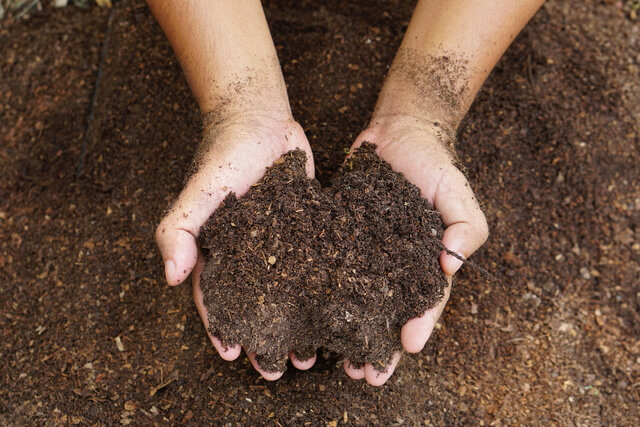
pH
For the process of composting, the pH level is required to be neutral. Too low or too high pH can trouble the process of composting.
How to apply cow dung manure?
To apply cow dung manure to your plant, the first step is to loosen the soil up to 2 to 3 inches or deeper depending upon the roots of the plant by using a tool.
Add cow dung manure to the soil at a 3:1 ratio where you mix 3 parts of soil with 1 part of cow dung and cover the root properly and add the required water to the soil.
Benefits of cow manure compost
Cow manure compost has several benefits that include
- Eliminates pathogens, harmful ammonia gases, and weeds.
- It provides a generous amount of organic matter to the soil.
- Adding it to soil improves the moisture content of the soil.
- As the plant can uptake the water, and nutrients on its own from the manure, it requires water less frequently and decreases your workload.
- Adding cow manure compost breaks up the compacted soil and improves the aeration of the soil.
- As compost cow manure contains beneficial bacteria, it converts nutrients into easily accessible form, the plant can uptake the nutrients without affecting and burning the tender roots.
- Cow manure compost is eco-friendly and produces less greenhouse gases than other fertilizers.
Conclusion
Reading the article this far might clear all your queries about how to compost cow dung manure.
Cow dung manure is organic manure that can also be used as a fertilizer that heavily provides organic matter, nitrogen, phosphorous, various microelements, and other nutrients that is required to grow your plant.
So effective use of the cow dung manure can provide you with what your plant requires and ensures the proper growth of a plant. Besides, it lessens your workload. So there is no reason not to use cow manure for your plant.

